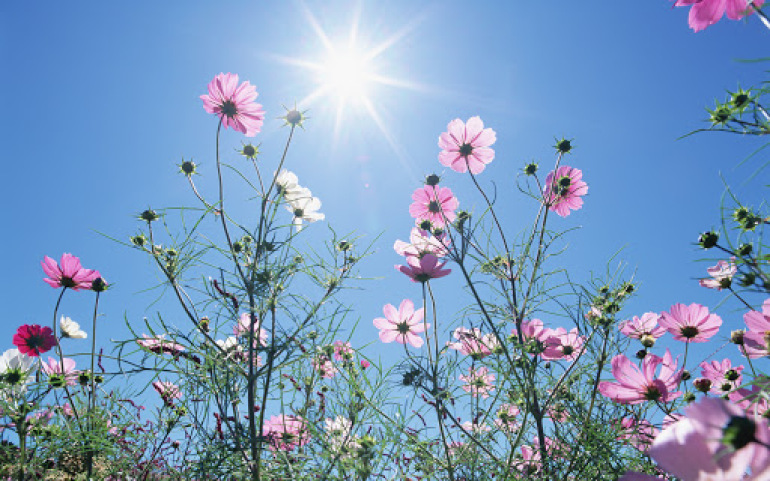News And Events

COVID19 Well-being
2 April 2020Children’s well-being is connected to your well-being.
Helping children and young people cope with the changes caused by the COVID-19 (Coronavirus) means providing accurate information, discussing facts without causing undue alarm, and re-establishing routines.
You are an important role model for children and young people. Staying calm and enabling time and space to be together with children will help them adjust to this “new normal”.
Children and young people look to adults for guidance on how to react to stressful events.
If you seem overly worried, children’s and young people’s anxiety may rise. You can reassure children and young people that everyone is working together, from the Prime Minster down, to help people throughout the country stay healthy and to limit the spread of this virus.
Remember, COVID-19 may never come to your place or to your community.
If you feel anxious, that’s a normal reaction to the new situation we all face. Children and young people notice when we are anxious. Think about how your reactions could impact on the people around you. Take a quick break if things feel overwhelming, or notice and try some slow breathing, or concentrate on the sounds outside, anything that you know helps.
You can express your feelings but base your words on facts and truth, and model how you want children and young people around you to behave.
Your school is helping your child to continue their learning through hard copy and/or online materials. Keep children and young people engaged in activities at home and, wherever possible, remaining part of their usual routines. This will support their wellbeing, connection with others and their learning.
Remain calm and reassuring
Your child will follow your lead. Here’s some tips on what you can say about the virus and what’s happening in New Zealand and what you can do to support their wellbeing.
You can say yes, there are some people unwell with COVID-19 in New Zealand— which is the reality of a pandemic
We all need to work together and help each other. Schools are closed to stop the spread of the virus and we are self-isolating to help prevent our people getting sick and having to go to hospital
Most of the people who initially had the disease got this from overseas and are now getting better. That is why we have now closed the borders in New Zealand. We want to stop people with the disease entering New Zealand
Because there is some virus spread between people in New Zealand, everyone in the community is being especially careful to isolate now, to make sure as few people as possible get sick
It is important that everyone treats each other with respect, and not jump to conclusions about who may or may not have COVID-19.
Let’s keep up to date with the latest news — but not all the time though. When shall we check in with the latest news (once a day for this information)?
What else are you interested in? Let’s find out more about that together.
What messages are you hearing from your friends, let’s help them keep their focus on the important stuff, helping others, keeping in contact and keeping active, planning fun things.
Give permission to be online but decide on some limits.
If there is no one with the virus in your family, or in your community, and no one has had close contact with someone confirmed with COVID-19, emphasise to children and young people that they, their friends, teachers and your family are well.
Remind them that you and everyone in the community are helping to keep them safe and healthy. Create the space to enable children and young people talk about their feelings.
If they are feeling worried or anxious, you can support simple calming activities such as breathing exercises. This works for adults too, so feel free to join in. Gently hold their thumb – have them breathe slowly in and out, count out loud, “ 1”, move to their pointer finger – have them breathe slowly in and out, count “2”, move to their middle finger and repeat, count “3”, move across just one hand and count to “5”, or both hands to count to “10”. Can they do it for you? Sparklers has a range of calming activities for young children you could try https://sparklers.org.nz/ .
There are some great online apps for this as well. Get children or young people to explore these. For example Headspace https://www.headspace.com/ has a range of things that help people keep calm and activities that help with sleep. Support them to share the helpful activities with their friends.
If a child or young person feels overwhelmed, or that things are feeling out of control, remember that offering simple choices or options can help, i.e. shall we do this, or this? Or would they like to use this, or that?
Spend some time together - would they like to do a puzzle or listen while you read a story? For older children, allow time online for young people to positively connect with their friends.


